Understanding the Internal Family Systems Model Developed by Dr. Richard C. Schwartz in the 1980s, Internal Family Systems Therapy draws on a unique perspective that views the human psyche as a family system. Just as a family consists of different members with...
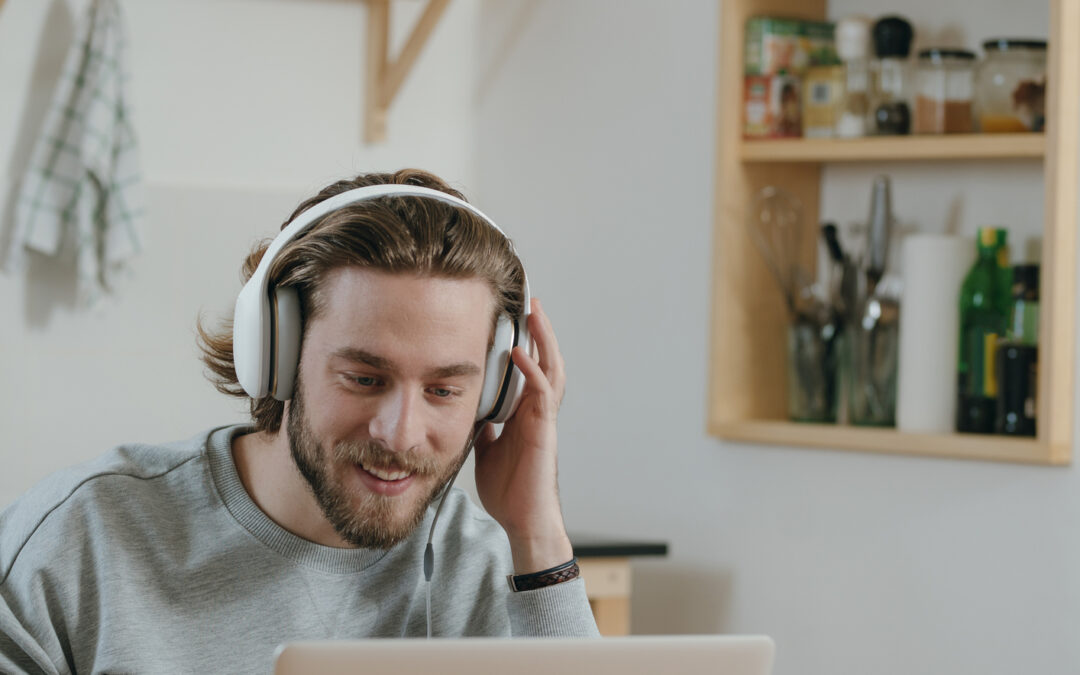
How to Get the Most from Teletherapy
As many of us adjust to life at home during the pandemic, we are faced with adjusting our daily life and our many routines. Although we cannot be in-person right now for many of our daily activities, Zoom and other video-chat software allows for continued connection between individuals whether that may be signing into the classroom, a yoga class or even therapy.
Teletherapy has become increasingly popular during these times and although it might not be someone’s first choice, it can provide a consistent system of support during uncertain times.
When it comes to therapy, many prefer the warm and inviting atmosphere of their therapist’s office environment and rightly so! During these times, people might feel a bit disconnected doing therapy through a screen. Here are some tips on how to make the most of therapy whether it is during a stay-at-home order or when unable to attend in-person sessions.
- Location and Timing: One of the benefits of therapy is to provide some structure and consistency in life when everything else might be feeling unstable. Knowing therapy will take place at the same time and at the same place each week can provide some comfort and familiarity. Having to adjust to finding that consistency at home can be difficult, especially now that there may be added disruptions from our personal and professional life. Stepping away and finding a private space for yourself can be difficult but incredibly powerful for the healing process.
- Try to keep the same time of your appointment if possible and if not, let your therapist know and try to find a time that works better for you.
- If you don’t have your own room or office space, a car or backyard can offer similar privacy.
- Try lighting a candle, incense or dim the lighting for a more soothing atmosphere.
- If you need increased privacy, try putting on music outside your door.
- Remember, the session is your time and making adjustments as needed to accommodate other life stressors should be supported by your therapist.
- Grounding: Therapy itself can be incredibly helpful and at the same time, bring up difficult emotions, so switching things up and doing therapy online might bring up some more. Having to manage them without your therapist there can be difficult. Try some of these grounding techniques to stay present and connected during therapy.
- Chew on gum or a candy and try to notice the taste and texture.
- Throw a ball back and forth in your hands. This consistent motion allows you to focus on the present moment and get in touch with your body.
- Find some putty or clay to play with in your hands.
- Color or draw something on a pad of paper.
- Light a candle and be aware of the scent as you are talking and thinking.
- Outside of the Session: For many during this time, needing extra and increased support is common. Here are some ways to continue healing outside of session.
- Journaling and writing. Writing allows you to document what you are feeling in between sessions and even refer back to during the session when needed. Writing down your thoughts allows you to “unload” the emotional backpack that we all wear each week so that it is a bit lighter to carry. Whether it is creative writing, bullet journaling, jotting down quick thoughts or even a novel, the process of writing allows you to process and unwind after a hectic day.
- Meditating can be a great, but also difficult for many. Mindfulness is a proven practice that can achieve similar results but through many different methods. Practicing this skill can help you become more present and help with anxiety and stress. Here is a link to some great apps to try!
- Listening to music or making music. This is a great way to express yourself creatively and allow you to process what has been on your mind. It can relieve stress and even lower blood pressure.
- Grounding skills. Try some of the grounding skills listed above while you are doing chores or activities around the house.

About the Author
Kelly Grover is a graduate student counseling intern with Star Meadow Counseling. She is now taking new clients for telehealth. She has pro bono services available for those unable to pay during the COVID-19 crisis. She’d love to help support you during this time!

Empowering the Self: An Introduction to Internal Family Systems Therapy
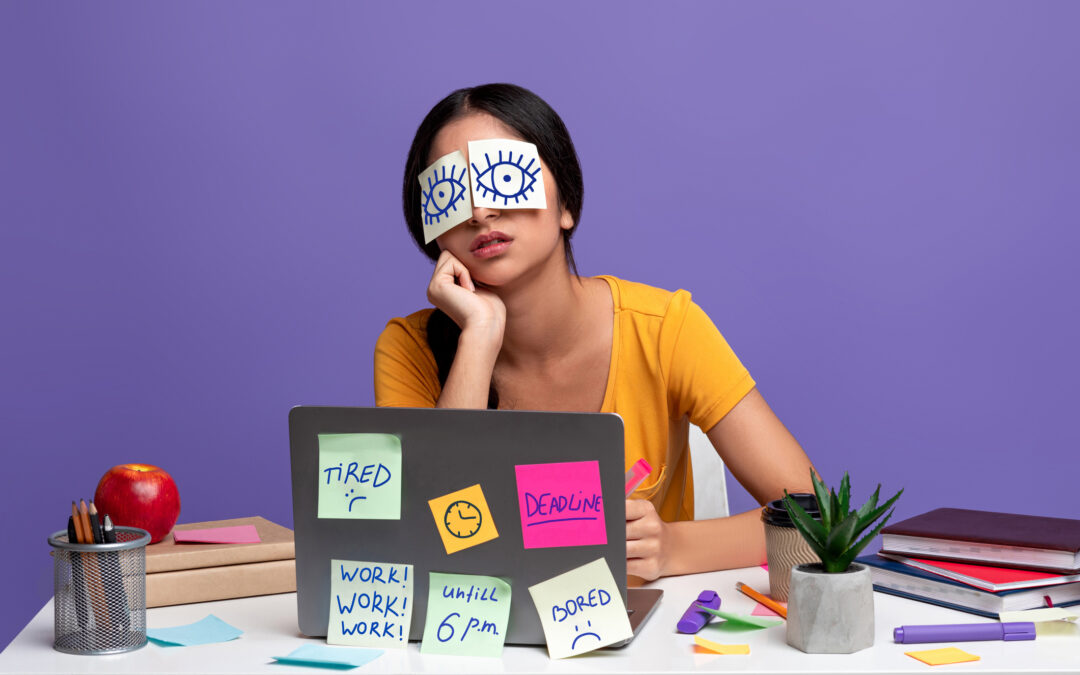
Life Hacks For When Everything Feels Hard
Mental health challenges like depression, anxiety, and ADHD can make for difficult days. Ideally, with the right combination of therapy, coping skills, or medication, there won’t be so many hard days. But sometimes we hit a rough patch or experience a stressor or...
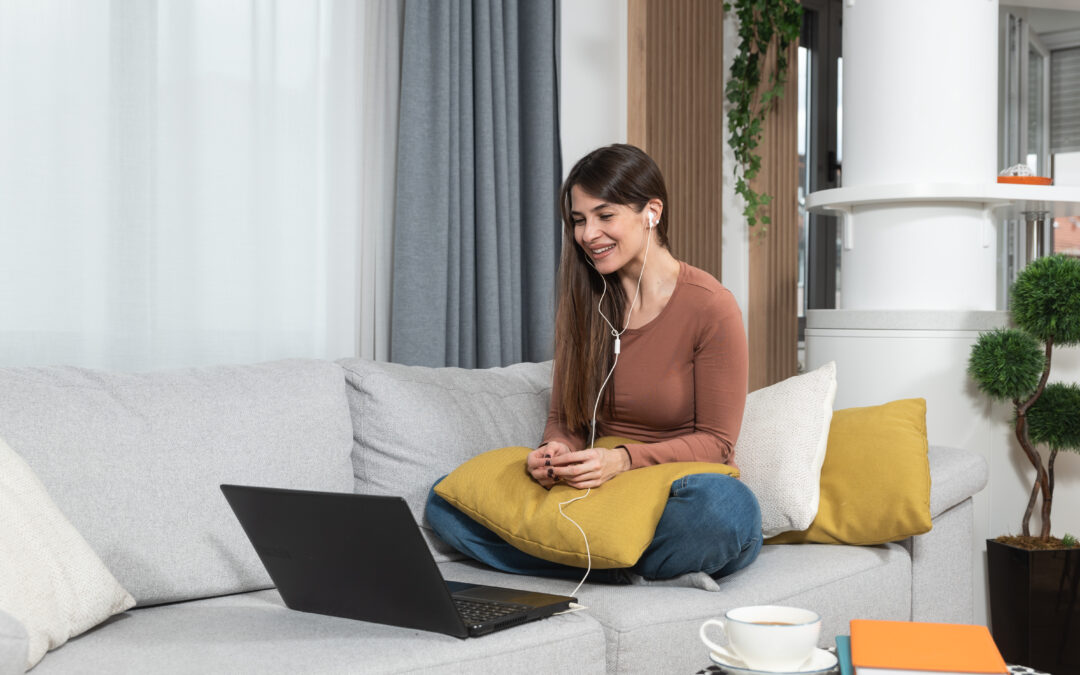
What to Expect in Your First Counseling Session
So you made the decision to start therapy. You sorted through lists of available therapists, found Star Meadow, and made an appointment. Congratulations! This is the hardest step, and we’re so proud of you for taking it. For most people who have never been to therapy...
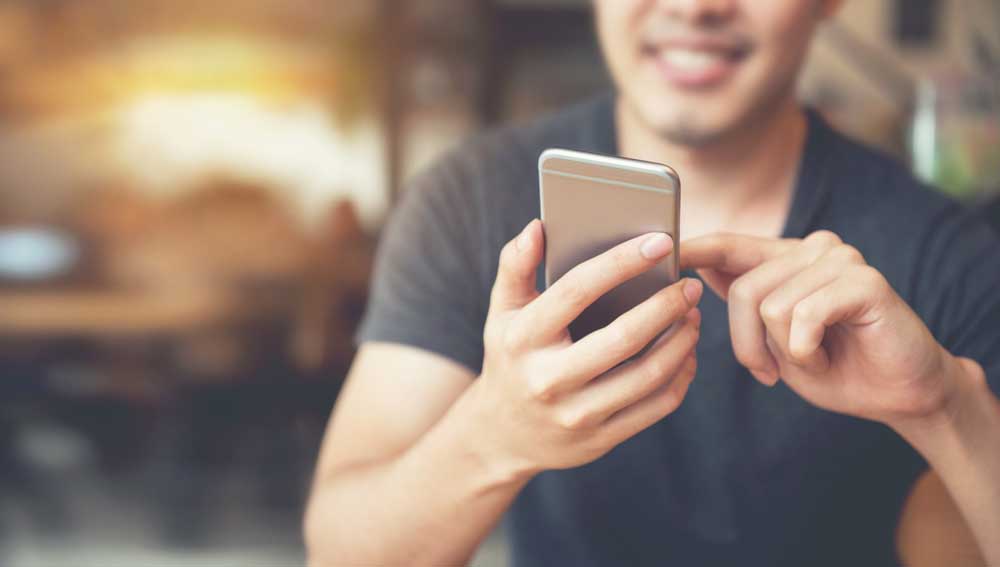
The 12 Best Mental Health Apps
Modern technology can be an amazing supplement to professional counseling. Check out these 12 Apps that come recommended for recovery from depression, eating disorders, PTSD, insomnia, and anxiety. DEPRESSION RECOVERY APPS 1. TalkLife (online support tool)...
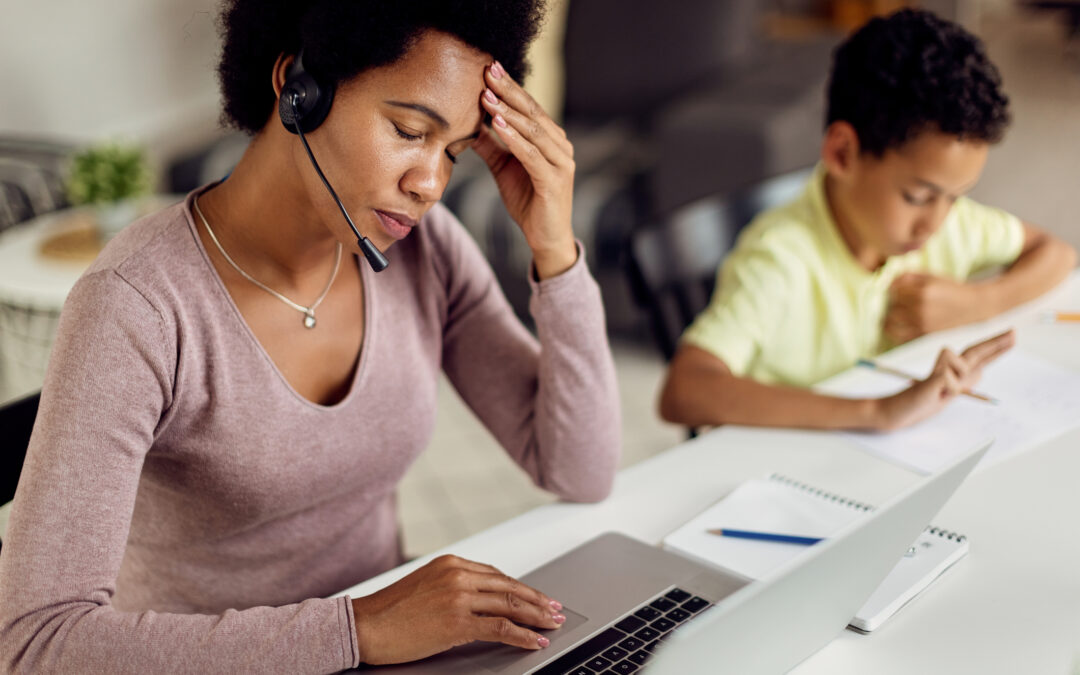
7 Skills to Try When You Feel “Overwhelmed”
Have you ever felt completely overcome by an intense emotions? Have feelings at times felt challenging to manage and overcome? The experience of being “overwhelmed” is uncomfortable and impactful in your life at work, home, or school. Defining "Overwhelm" Emotional...
